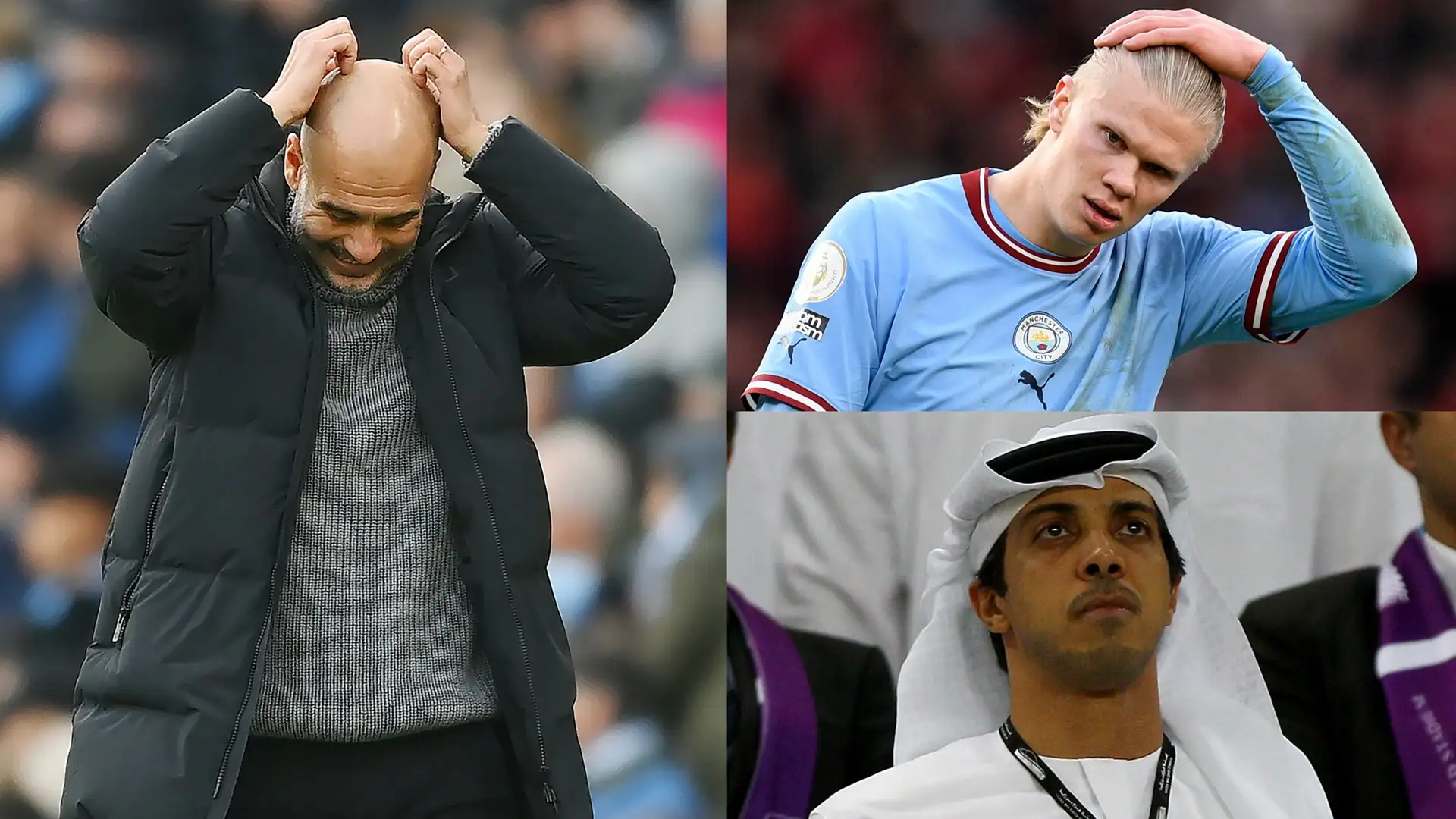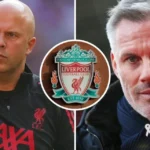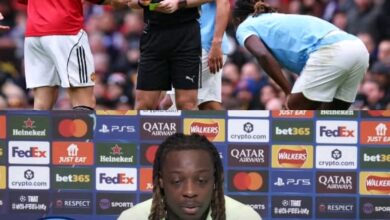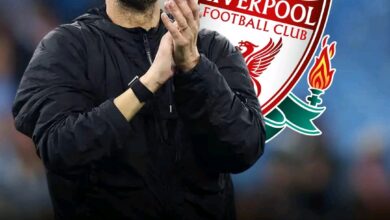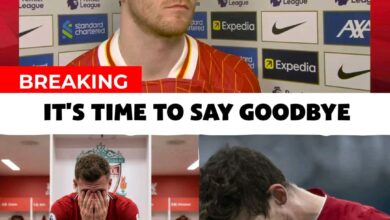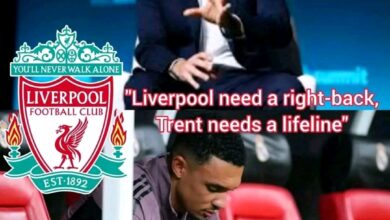Manchester City midfielder announces own transfer to Liverpool FC
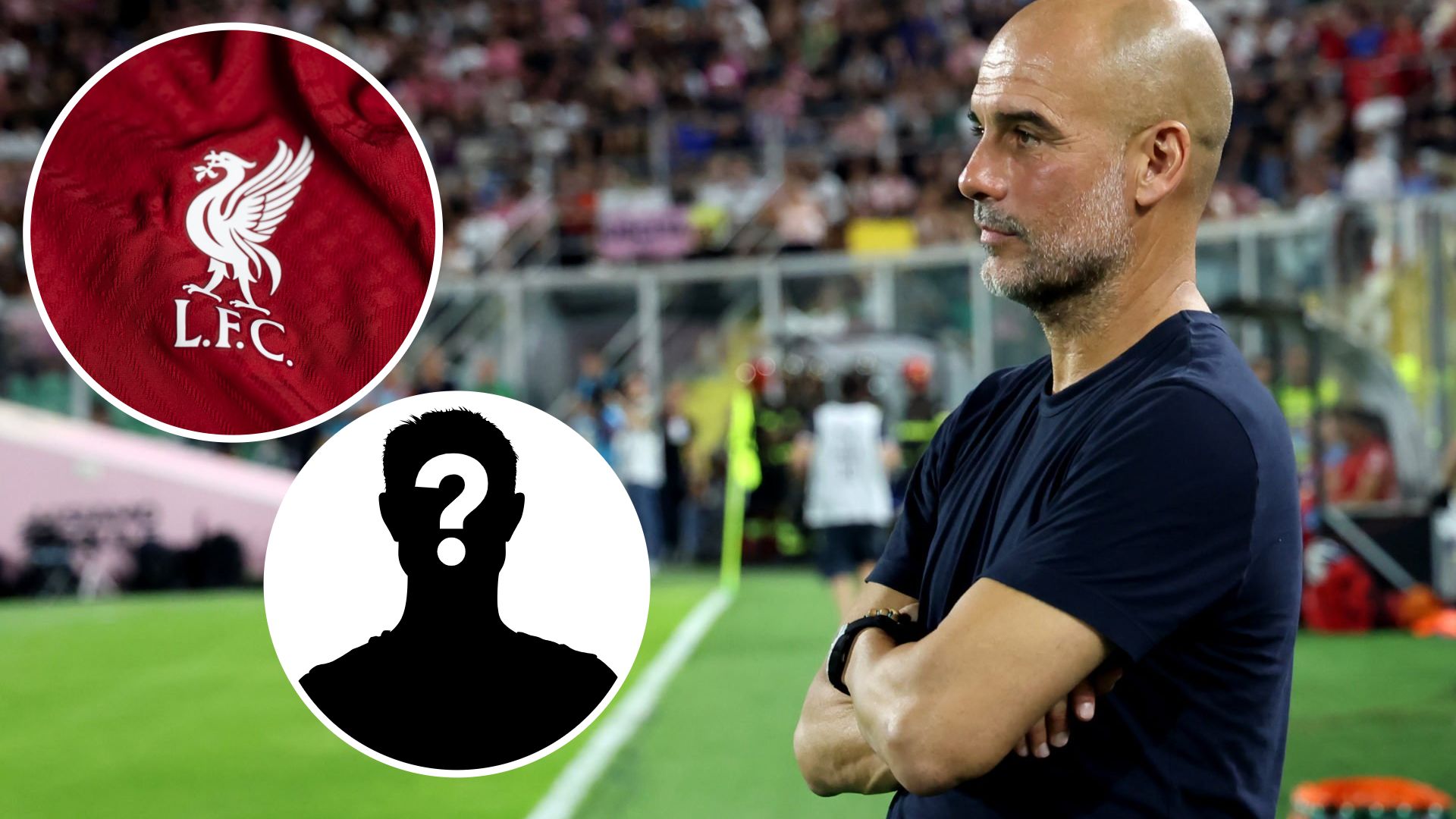
The story that broke from Anfield in September sent shockwaves through English football, not because Liverpool had signed another superstar forward or because Arne Slot had convinced one of Europe’s biggest names to join his squad, but because of something that rarely happens in modern football. A player with Manchester City blood in his veins, a teenager who had been raised in the sky-blue system, turned his back on the Etihad and chose to walk straight into the heart of Liverpool Football Club.
The news became official not through the usual club statement, not through the polished words of a press release, but through the hands of the boy himself. Sixteen-year-old Lucas Alford, a midfielder once praised inside City’s academy, posted on Instagram with the red crest of Liverpool shining proudly behind him. His caption was short but heavy with meaning: *“Delighted to sign for Liverpool FC, hopefully some great memories to come.”* In that simple line, football witnessed the spark of a rivalry renewed.
Because make no mistake, moves like this are rare. Transfers between Liverpool and Manchester City do not happen easily. These two clubs have been locked in a decade-long war for Premier League supremacy. Since 2017/18, no other club has lifted the title apart from these two. Every point dropped, every decision made, has been measured against the standard of the rival. And in such a climate, players moving directly from one camp to the other is almost unthinkable.
The last senior switch was all the way back in 2015, when Raheem Sterling left Liverpool to join Pep Guardiola’s project. That move caused fury at Anfield and joy in Manchester, and it left scars that never fully healed. Since then, both clubs had drawn their battle lines. Even last summer when wild talks emerged about a possible Luis Díaz-Julián Álvarez swap, both recruitment teams made their position clear: *“We don’t sell to rivals.”* City said it. Liverpool echoed it. And that was the end of the story.
But here, in September 2025, the script turned differently. Senior stars may be off-limits, but the academy pipeline is now becoming the new battlefield. And Liverpool have just landed a strike. Lucas Alford, a boy capable of playing as a holding midfielder or a box-to-box number eight, has walked away from Manchester City’s future plans and tied himself to the red of Liverpool.
The pictures from the AXA Training Centre showed him smiling in front of his family, holding the pen, signing the contract that will change his life. He is not joining the first team yet—he will slot into Liverpool’s U16 squad at Kirkby, where names like Joshua Abe, Erik Farkas and Vincent Joseph are already making waves. But if football history teaches us anything, it is that the small academy signings today can become the heroes of tomorrow.
Alford’s qualities are already well documented. Coaches from youth tournaments last season spoke highly of his tactical brain, his ability to adapt to different roles in midfield, his willingness to lead even among older players. Some compared him to the modern version of Jordan Henderson—versatile, energetic, disciplined, but with the added technical polish that comes from being raised in the City system. Liverpool scouts spotted this early, and when the chance came to lure him away, they did not hesitate.
This is not the first time Liverpool have raided City’s youth set-up. Only last year, they signed defender Lucas Clarke, another highly-rated teenager. Clarke is now part of the U18s and has settled well into the system. With Alford following the same path, Liverpool are building a pattern—one that will not go unnoticed at the Etihad.
Because to lose young players to your fiercest rival is not just a transfer. It is a message. It says something about trust, about pathways, about the belief in opportunity. Liverpool have always sold their academy as a place where dreams are given real oxygen. From Steven Gerrard to Trent Alexander-Arnold, from Curtis Jones to Conor Bradley, the message is clear: if you are good enough, you will get your chance. That pathway, that proven bridge between Kirkby and Anfield, is one of the most powerful tools Liverpool can offer. And clearly, it was enough to convince Lucas Alford to walk away from City.
For Manchester City, this will sting. Their academy is one of the most respected in the country. Year after year, they produce talents who dominate youth tournaments. But the bottleneck is always the same—breaking into Guardiola’s first team is near impossible. The standard is so high, the stakes so massive, that many promising teenagers look elsewhere for clearer chances. Liverpool, with Arne Slot now pushing the same vision Jürgen Klopp once carried, are stepping into that gap.
Alford knows the journey ahead will not be easy. At sixteen, he is stepping into one of the most demanding academies in world football. Competition will be fierce, the training sessions brutal, the expectations sky-high. But that is what he wanted. That is why he chose red over blue. In Liverpool, he sees not just a club, but a path.
The reactions online were immediate. Liverpool fans flooded his post with comments welcoming him to Anfield. “Future captain,” wrote one. “Another Scouser in our team,” added another, even though Alford is not local—the passion of Liverpool fans does not care. For them, anyone who chooses their club over City is already family. On the other side, City fans were frustrated. Some dismissed him as just another youth player. Others warned the club that letting him go could prove costly in the future.
But beneath the noise, the truth is clear. Football’s fiercest rivalry has found a new arena—the academy system. And Liverpool have landed a psychological blow.
What makes this story even more dramatic is how it connects to Liverpool’s wider transfer strategy. While the headlines in recent months have focused on the arrival of Alexander Isak, the near signing of Marc Guehi, or the hunt for Florian Wirtz, the deeper strategy is about long-term sustainability. Michael Edwards is back, Richard Hughes is leading the recruitment, and together with Arne Slot, they are building for both today and tomorrow. That means the big names for the present, but also the quiet signings for the future. Lucas Alford falls into that second category, but do not underestimate it.
Think back to when nobody paid attention to a skinny kid from West Derby joining the academy in the early 2000s. That boy became Steven Gerrard. Think of Trent Alexander-Arnold, once just another local lad in the youth ranks, now the heartbeat of Liverpool’s identity. Stories like these remind us that greatness often begins in the quiet corners of academies, not in the flashing lights of transfer windows.
For Alford, the dream will now be to follow that path. From U16 to U18, from U18 to U21, from there to the fringes of the first team. The journey will be long, filled with obstacles. But in his eyes, Liverpool offers him something City could not—the belief that the destination is real.
And for the rivalry itself, this is fuel. Liverpool and City have fought title race after title race, point for point, goal for goal. Now they are fighting for the stars of tomorrow. Every teenager who chooses one badge over the other is part of that war. And the signing of Lucas Alford proves that Liverpool are not just fighting for today’s trophies—they are fighting for tomorrow’s dominance.
When Alford posed in front of the AXA Training Centre cameras, holding that pen, he might not have realised the full weight of his action. But history may remember it differently. Because in football, small beginnings often carry the seeds of greatness.
Liverpool fans will watch his progress at Kirkby with excitement. Manchester City fans will keep one eye on him with suspicion, wondering if another story of regret is about to unfold. And somewhere, Arne Slot will be smiling quietly, knowing that the future he is building is not just about stars like Isak, but about boys like Alford who may one day write their names into Anfield folklore.
The rivalry between Liverpool and City is fierce, deep, and unforgiving. And now, with a 16-year-old midfielder switching allegiances, that rivalry has found a new heartbeat. The story is just beginning.

